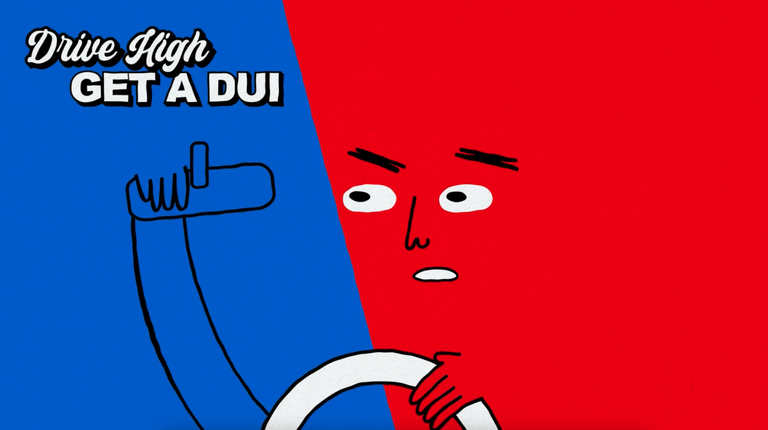Teens wonder, “How do cops know I’m driving high?”
CDOT partners with driver’s ed programs statewide to address cannabis-impaired driving
Getting a driver license for the first time is a major milestone, and it means knowing what you can’t do while you’re behind the wheel, like driving high. CDOT is working with driving schools around Colorado, the Colorado Department of Revenue’s Division of Motor Vehicles (DMV) and other agencies to provide early education and understanding about what happens if you drive after using marijuana.
What Teens Think About Driving While High
You must be 21 or older to buy or use marijuana recreationally in Colorado. Driver education programs are an important touchpoint for teens who have questions about drugged driving.
While a majority of young drivers believe it is unsafe to drive under the influence of cannabis, there is still room for improvement. Drivers ages 16-24 were still the most likely age group to believe cannabis-impaired driving was safe according to CDOT's 2023 Driver Behavior Survey. Older drivers, including those in their mid-20's, were less likely to believe cannabis-impaired driving was safe.
What Safety Experts See: Marijuana = Unsafe Driving
Transportation safety officials, including the National Highway Traffic Safety Administration (NHTSA), say those who drive high have trouble knowing if they are drifting in or out of their lane, experience delayed reaction time, don’t keep a steady distance between their vehicle and the vehicle in front of them, and have a difficult time driving the same speed. More than 100 law enforcement officers, including Drug Recognition Experts (DREs) and those with Advanced Roadside Impaired Driving Enforcement (ARIDE) training, are able to recognize impairment from cannabis and other drugs such as amphetamines, hallucinogens and depressants.

A Costly Decision
Like alcohol, cannabis-impaired driving can result in a DUI, and a DUI can result in severe consequences. Even if no one is injured or killed as a result of a crash, getting pulled over and charged with a DUI could mean a trip to jail and loss of your license. There’s also a good possibility you’ll be ineligible for high school activities, jobs or college programs and scholarships. A DUI is expensive - attorney fees, court fees, fines and insurance hikes can last for years and add up to more than $13,500.
Education Helps Colorado’s Newest Drivers
CDOT and its partners continue to explain the facts and consequences through its “Drive High, Get a DUI” initiative, which is created for Colorado drivers 15-20 years-old. These materials can be found in more than a dozen driver license offices and 30 driving schools across Colorado, including the Denver metro area, Ft. Collins and Greeley, Colorado Springs and Lamar, and on CDOT’s YouTube channel.
For more information including an interactive online learning course, visit DriveHighDUI.com.
